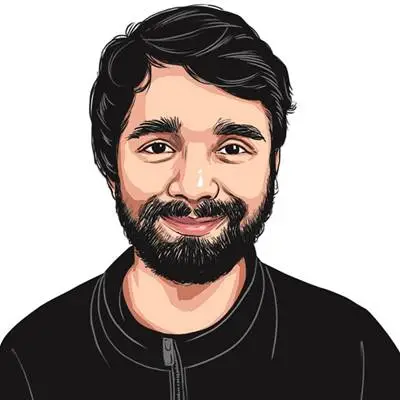STARTING the Waqf (Amendment) Bill debate for the Opposition Wednesday, Congress Deputy Lok Sabha leader Gaurav Gogoi reiterated the INDIA bloc’s concern that the Joint Committee of Parliament formed to examine the Bill did not discuss it clause-by-clause.
“Clause-by-clause discussion, which should have happened in the Joint Committee of Parliament, was not done. The government’s attitude from day one has been to bring a law that is against the Constitution and minorities… Which will disturb the peace in the country,” said Gogoi.
During the proceedings of the Waqf parliamentary panel, which sat for six months between August 2024 and January 2025, several Opposition members had alleged that “due process” was not being followed by committee chairperson Jagdambika Pal.
However, Pal and NDA alliance members in the panel had maintained that detailed deliberations were held during the panel’s meetings.
On January 27, days before the panel submitted its report, Shiv Sena (UBT) MP Arvind Sawant claimed that 14 amendments to the Bill were incorporated without a clause-by-clause discussion.
“The amendments we proposed were put to a vote directly. You should have explained why we proposed the amendments. There was no discussion,” Sawant had said.
The same day, INDIA bloc members of the panel again alleged that a clause-by-clause discussion — a practice of parliamentary panels to go over every detail of a Bill — was not conducted. They also claimed they were not allowed to put forward their views.
Story continues below this ad
Pal responded that the 14 amendments to the Waqf Bill “were discussed clause-by-clause”.
“After detailed discussions over six months, we sought amendments from all members. This was our final meeting (on January 27)… So, 14 amendments (introduced by the committee) were accepted by the committee based on a majority. The Opposition too had suggested amendments. We moved every one of those amendments and it was put to vote… But 10 votes were supporting theirs (suggested amendments) and 16 votes opposing it,” Pal had said.
The amendments were adopted a day later, on January 28, and the Opposition MPs again raised their objection, to the short notice they had got to review the panel’s report before it was adopted.
Opposition MPs claimed they were sent the draft of the Bill in the evening and were asked to give their comments and dissent notes by 10 am on January 29.
Story continues below this ad
On February 13, Opposition MPs alleged that portions of dissent notes they had submitted had been redacted without their knowledge. The same day, the government agreed to restore some of the redacted parts, through a corrigendum to Appendix V of the JCP report.
On March 23, the Congress released a statement calling the Waqf Bill “another attack on the Constitution” and alleged that the 428-page report of the panel was “literally bulldozed” through the Joint Committee of Parliament “without it ever having gone through a detailed clause-by-clause discussion”.
“It thus violates all Parliamentary practices…. Most fundamentally, the Waqf (Amendment) Bill, 2024 is an assault on the Constitution of India itself,” said the statement.
© The Indian Express Pvt Ltd


